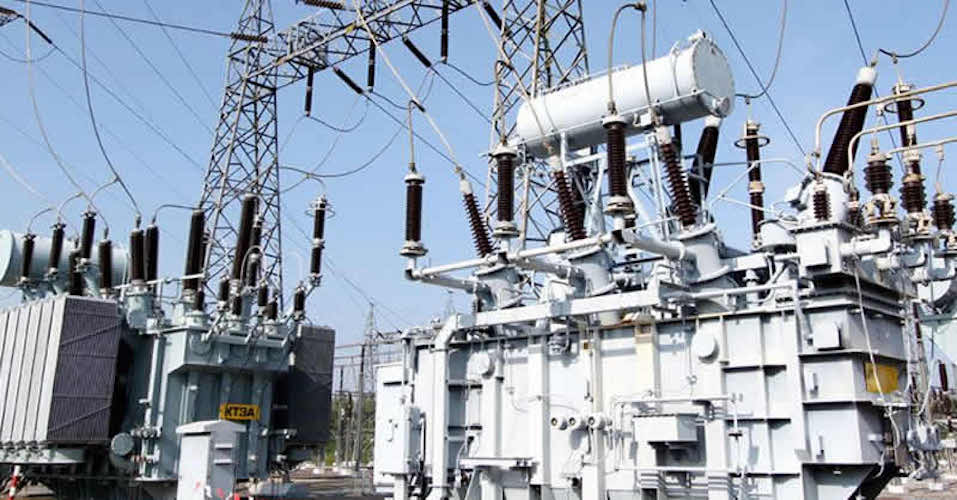National grid collapses 12 times in 12 months
Nigeria’s national electricity grid collapsed again yesterday, causing widespread power outages across the country. This marked the 12th grid failure of 2024. The collapse occurred at 2:09 pm, coinciding with Minister of Power, Chief Adebayo Adelabu’s assurance that Nigeria’s power grid would stabilize with the completion of phase one of the Presidential Power Initiative (PPI), also known as the Siemens project.
In response to the frequent grid failures, the Forum of Commissioners of Power and Energy in Nigeria expressed concern about the ongoing issues, urging for more reliable and decentralized power solutions. Senator Enyinnaya Abaribe, Chairman of the Senate Committee on Power, attributed some of the grid collapses to the use of substandard electrical materials.
The National Grid’s official Twitter account confirmed the collapse at 2:09 pm, and various distribution companies, including Jos Disco, Eko Disco, Ikeja Electric, and Abuja Disco, all issued notices about the outages, stating that efforts to restore power were underway.
READ ALSO: Traditional rulers lament NDDC projects left abandoned in Ondo
Meanwhile, Minister Adelabu emphasized the progress of the Siemens project, which aims to address Nigeria’s fragile and outdated grid. He noted that the pilot phase had added 750 megawatts to the grid’s capacity, with an additional 150 megawatts expected by year-end. The upcoming phase one will focus on rehabilitating 14 substations and building 23 new ones.
Adelabu also reaffirmed Nigeria’s commitment to renewable energy and achieving net-zero emissions by 2060. He outlined plans for a distributed power model that would decentralize energy production, ensuring that each state and the Federal Capital Territory can manage its power supply independently, reducing reliance on the national grid.
The Forum of Commissioners of Power and Energy in Nigeria called for a decentralized approach to power, with states establishing their own electricity markets and improving local infrastructure. They also advocated for collaboration with the federal government to stabilize the national grid through modern grid technology and real-time monitoring.
Senator Abaribe further highlighted the need to enforce technical standards in the electricity sector, pointing out that substandard materials were a significant cause of grid failures. NEMSA’s CEO, Aliyu Tukur, stressed the importance of collaboration across stakeholders to ensure compliance with safety and technical standards to improve the reliability of Nigeria’s power supply.


[…] READ ALSO: National grid collapses 12 times in 12 months […]